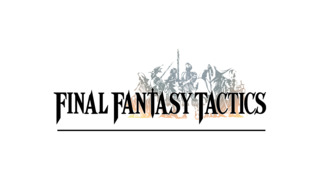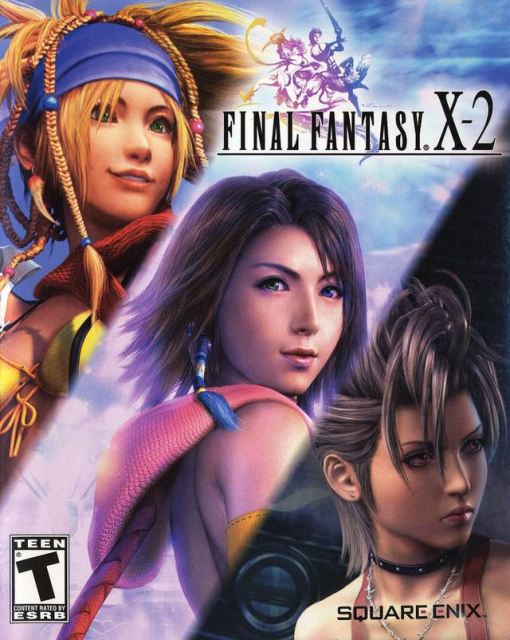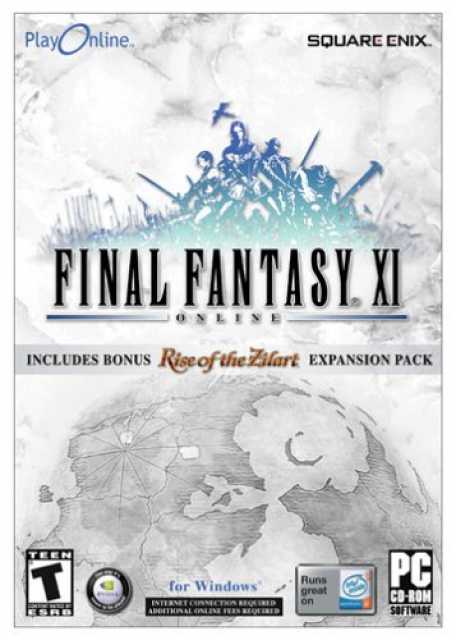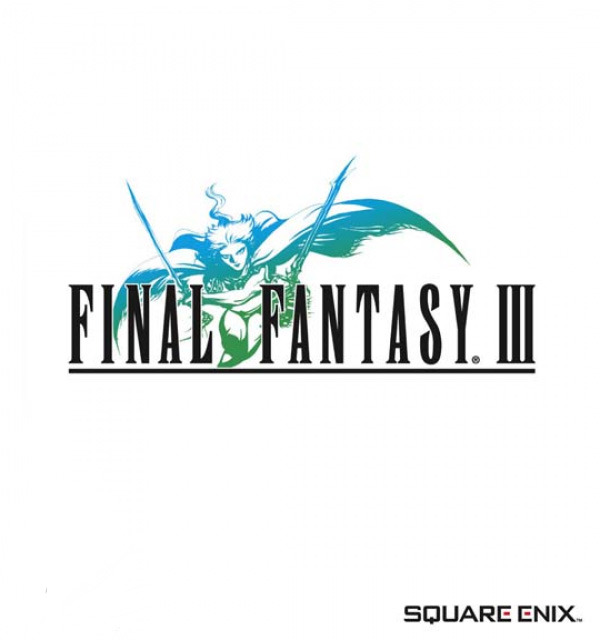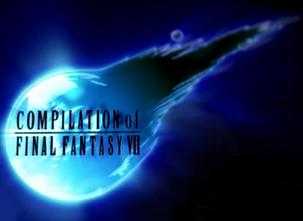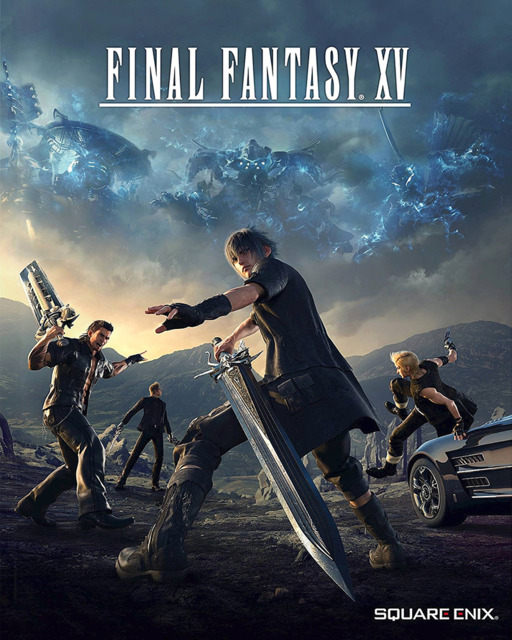Final Fantasy: When The Series Went Off The Beaten Path
Yes, I love Final Fantasy. So do millions of gamers around the world. While it was a classic example of the "JRPG" genre/subgenre in it's first ten numbered entries, it's never been a series to shy away from taking chances. From tiny mechanics thrown in to make every game "feel" different from the previous, to major shake ups in how everything worked, we're take a look at where Squaresoft/Square/Square-Enix decided to branch out and and explore with the Final Fantasy Brand.

